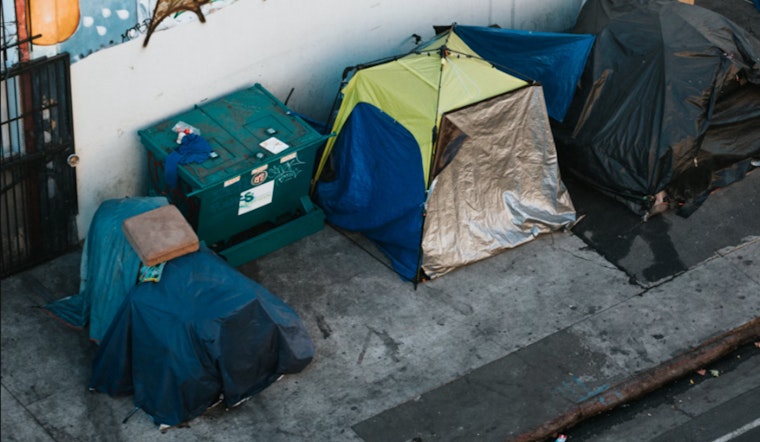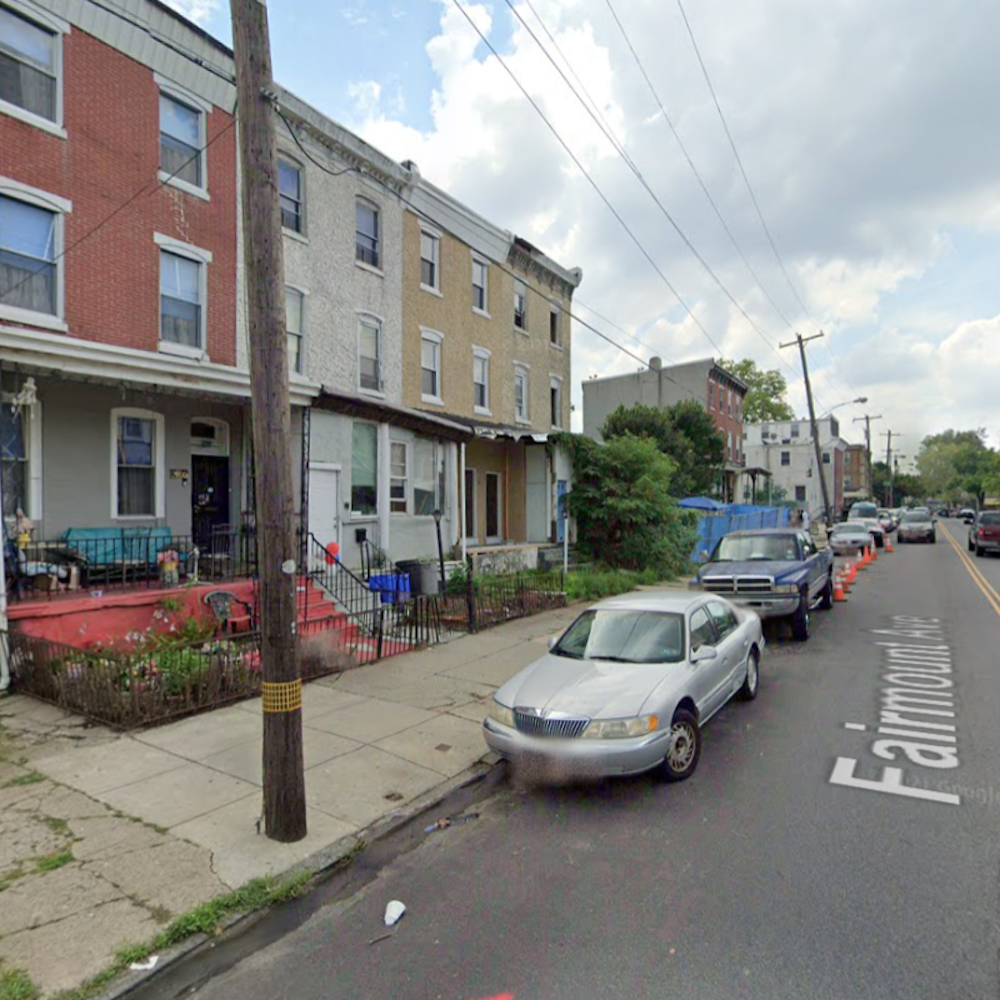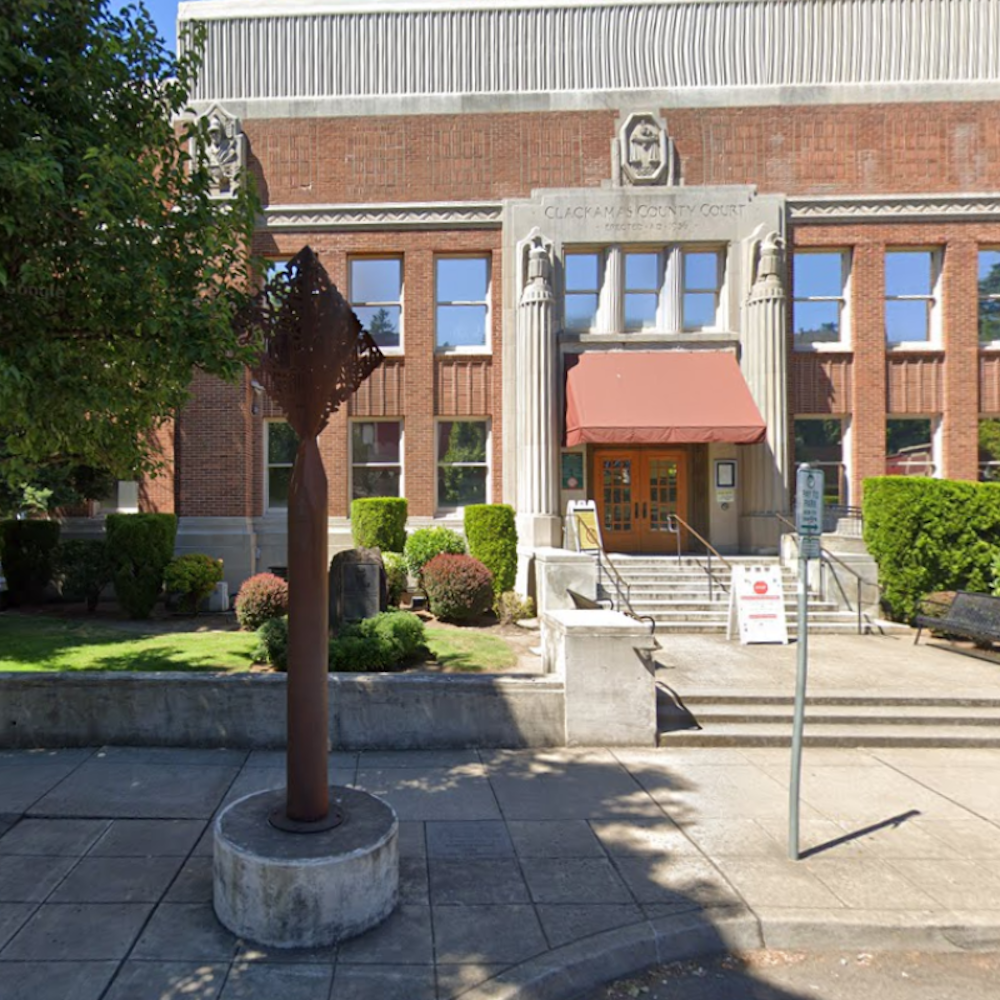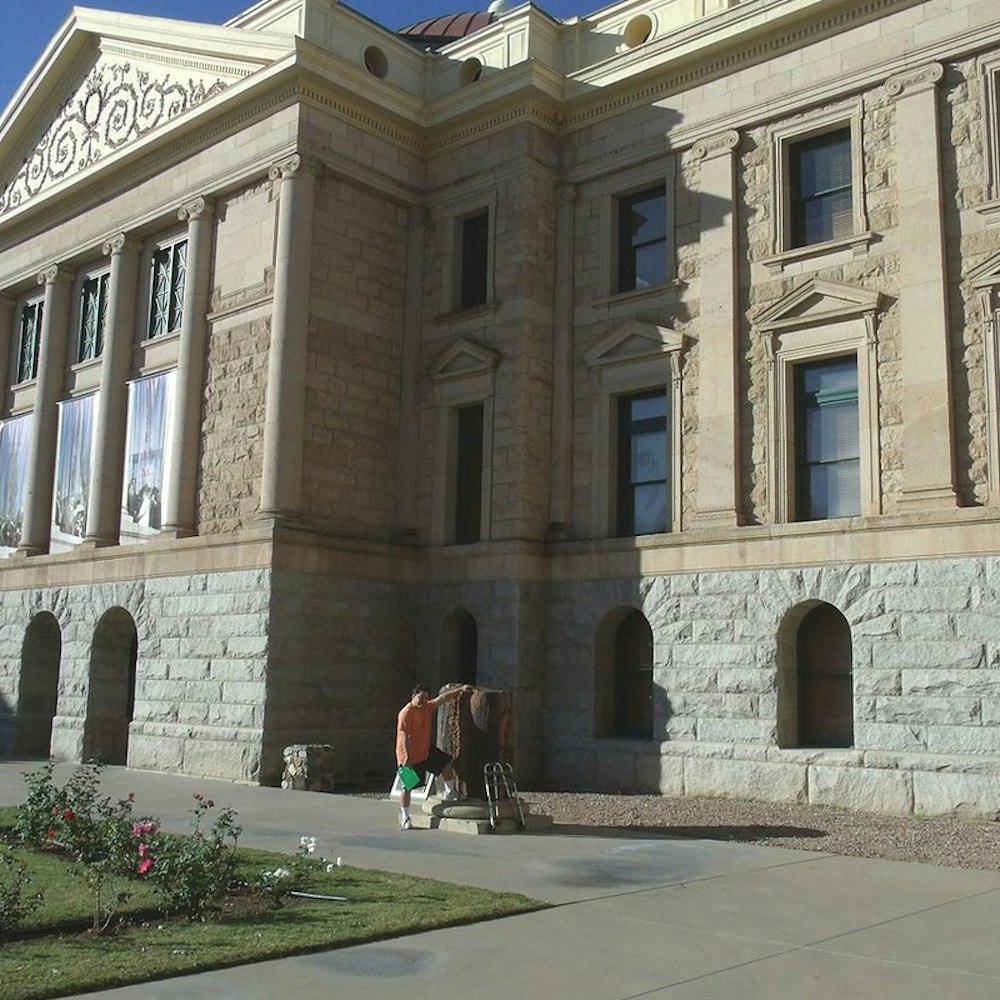
The Supreme Court's potentially transformative ruling on the rights of the homeless to camp in public spaces is pendently perched on the horizon, as justices heard arguments yesterday in a case that may cement—or upend—the laws of cities nationwide. In the case of City of Grants Pass, Oregon v. Johnson, the highest court in the land deliberated whether ordinances banning public camping by homeless individuals amount to "cruel and unusual punishment," a violation of the Eighth Amendment that might change the landscape of homelessness laws throughout the United States, as reported by Forbes.
The legal crosshairs are aimed squarely at a set of ordinances in Grants Pass, Oregon, where a city council president infamously desired to make conditions "uncomfortable enough for them in our city so they will want to move on down the road," a stance that has likewise prompted numerous other municipalities to pursue similar policies, in these policies the spotlight now shimmers upon thousands of homeless lives, wherein the Supreme Court's gavel might come down hard or offer an unexpected respite. According to San Antonio Report, a decision favoring the city could maintain or even embolden the status quo of criminalizing homelessness, a stance shared by San Antonio where a camping ban has been in place since 2005.
As this judicial showdown unfolds, cities like San Antonio watch with bated breath, their local ordinances in the crossfire, ordinances that have been wielded against the most vulnerable, casting fines upward of $500 for seeking the rudimentary shelter of a blanket in a park. "H," a volunteer with Mootual Aid SATX, told the San Antonio Report, "They are … traumatizing and absolutely unnecessary,” in reference to the so-called "cleanups" or "sweeps" employed by the city, an energy they believe would be far better spent on "securing stable and accessible housing" for the homeless community.
Meanwhile, advocates for the homeless maintain the perspective that criminal penalties only exacerbate the plight of those without homes, adding to the socioeconomic hurdles that preclude the achievement of stability and security, Greg Zlotnick, a supervising attorney for the Housing Rights Project, weighed in stating that punitive measures may only "reinforce a mindset that views addressing homelessness through a punitive lens rather than collaborative and restorative lens" and bolster a misguided perception of the homeless as inherently criminal, according to the San Antonio Report.
The Supreme Court's ruling, anticipated before the end of its June term, will have a determining hand in the fate of the nation's homelessness policies and, hence, in the lives of the estimated 653,104 individuals experiencing homelessness in the U.S, as per the federal government's Department of Housing and Urban Development (HUD).









